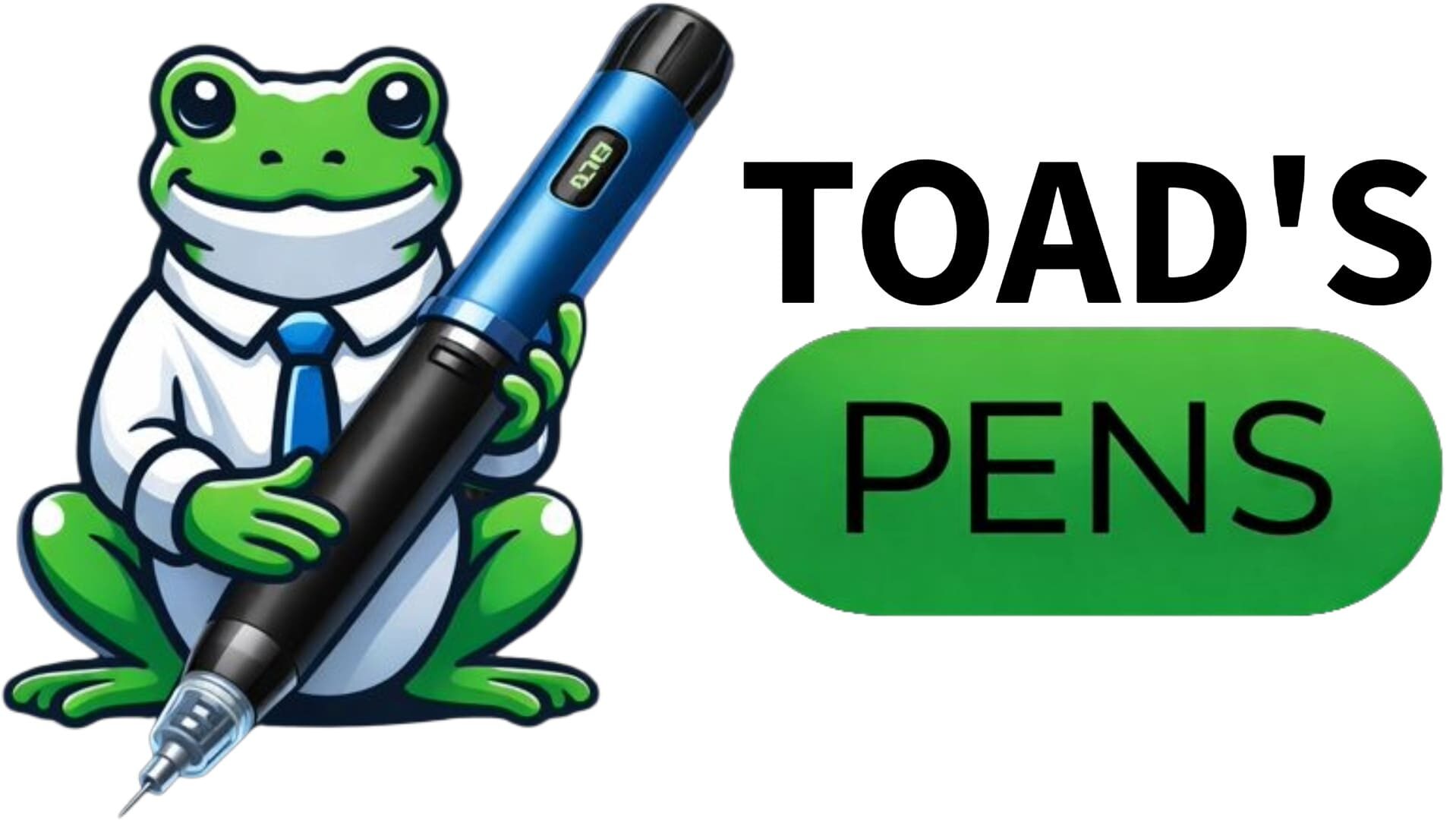
Peptides have gained enormous attention in the research community over the past decade. Whether in academic studies, pharmaceutical development, or private laboratories, these small chains of amino acids are being explored for their potential roles in cell repair, recovery, and new therapeutic applications.
At Uniting Wellness, we often receive questions from customers such as:
- “What’s the right peptide protocol?”
- “How do I mix or reconstitute peptides?”
- “What’s the correct dose for peptide XYZ?”
While we cannot give medical advice or usage instructions — since peptides are sold strictly as research chemicals not for human use — we can help point you in the right direction for independent learning and responsible research.
This guide will walk you through the best strategies, tools, and resources available for how to research peptides.
Why Researching Peptides Matters
Unlike common supplements or vitamins, peptides are highly specific molecules. Their stability, dosage, and delivery method can vary greatly depending on the peptide in question. Because of this, accuracy is everything. Researchers who take shortcuts often risk unreliable results, wasted material, and compliance issues.
Learning how to research peptides properly ensures:
- Accuracy in lab protocols
- Reliable and reproducible results
- Safe handling of research materials
- Compliance with regulations
- Start With AI Assistants Like ChatGPT and DeepSeek AI
Artificial intelligence is transforming how researchers access information. Instead of combing through dozens of articles, you can ask AI platforms like ChatGPT or DeepSeek AI direct questions.
For example, you might type in:
- “Tell me about the potential applications of BPC-157 in preclinical research.”
- “What solvents are commonly used to reconstitute peptides in lab settings?”
- “What dosing ranges are reported in rodent studies for [specific peptide]?”
AI won’t always give you the final answer, but it’s excellent for:
- Summarizing research trends
- Pointing you toward key concepts and terminology
- Giving you a foundation before diving into scientific papers
💡 Tip: Always fact-check AI responses against published research. Think of AI as your research assistant, not your final authority.
- Use a Peptide Calculator for Precision
One of the most practical tools for peptide research is the peptide calculator. Since peptides often come in lyophilized (powder) form, researchers must reconstitute them with a solvent. A peptide calculator helps you:
- Convert milligrams (mg) to milliliters (ml)
- Determine the concentration based on the solvent amount
- Adjust doses for various experimental designs
For example, if you have 10 mg of a peptide and want a solution of 2 mg/ml, a peptide calculator will tell you exactly how much bacteriostatic water or solvent to add.
This reduces human error and ensures precision, which is critical in lab settings.
- Explore Peer-Reviewed Scientific Studies
No tool replaces peer-reviewed literature. Platforms like PubMed, Google Scholar, and ResearchGate allow you to find real studies on your peptide of interest.
When reading research papers, focus on:
- Study type: Was it in vitro (cell culture), in vivo (animal), or clinical (human trial)?
- Methods: How was the peptide reconstituted and administered?
- Results: What outcomes were measured?
- Limitations: Did researchers report stability issues or side effects?
This approach ensures that your knowledge is grounded in evidence-based science, not speculation.
- Understand the Legal & Compliance Side
A critical part of peptide research is understanding the compliance framework. Most peptides available through suppliers are labeled for research use only. This means:
- They are not for human consumption
- They should only be handled in a laboratory or controlled setting
- Sellers like Uniting Wellness cannot and should not provide dosing or medical protocols
Being clear on this not only keeps you safe but also ensures your research remains compliant with regulations.
- Build a Multi-Tool Research Strategy
So how do you combine these resources into a solid workflow? Here’s a step-by-step strategy:
- AI for orientation: Use ChatGPT or DeepSeek AI to get a baseline understanding of your peptide.
- Peptide calculator for math: Once you know the basics, use a calculator to handle the technical reconstitution math.
- Peer-reviewed research for authority: Back up what you’ve learned by reviewing published studies.
- Document your findings: Keep a research journal to track protocols, measurements, and study citations.
This ensures you’re approaching peptide research with both breadth (general understanding) and depth (scientific validation).
- Common Mistakes to Avoid When Researching Peptides
Many beginners make errors that can be avoided with the right approach:
- Relying only on forums: While community discussions can be helpful, they’re often anecdotal and lack scientific backing.
- Skipping calculations: Eyeballing measurements can lead to wasted material or invalid results.
- Confusing human-use discussions with lab research: Remember, peptides sold online are not supplements — they’re research-grade chemicals.
- Ignoring solvents and stability: Some peptides degrade quickly if not stored or mixed properly.
By avoiding these pitfalls, your research remains both accurate and responsible.
- Why Uniting Wellness Doesn’t Provide Protocols
Many people ask us: “Why don’t you just tell me how to mix or dose this peptide?”
The answer is simple: compliance and integrity. Peptides sold through Uniting Wellness are strictly for research purposes only. Providing medical or usage advice would violate regulations.
Instead, our role is to:
- Provide high-quality research materials
- Encourage the use of reliable tools and resources
- Empower researchers to learn independently and responsibly
We believe this approach builds trust and long-term credibility in the peptide research community.
Final Thoughts
Peptide research is a fascinating and rapidly expanding field. With the right strategy, you can explore it responsibly while staying compliant.
Here’s the formula to remember:
- Start with AI assistants like ChatGPT or DeepSeek AI to gather broad knowledge.
- Use a peptide calculator for accurate lab math.
- Verify everything through peer-reviewed scientific studies.
- Keep compliance in mind — peptides are not for human use.
At Uniting Wellness, we’re committed to supporting researchers with quality materials and educational guidance while staying within safe, legal, and ethical boundaries. By combining technology, science, and responsibility, you’ll be well on your way to conducting meaningful peptide research.
